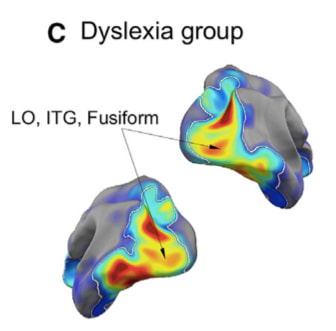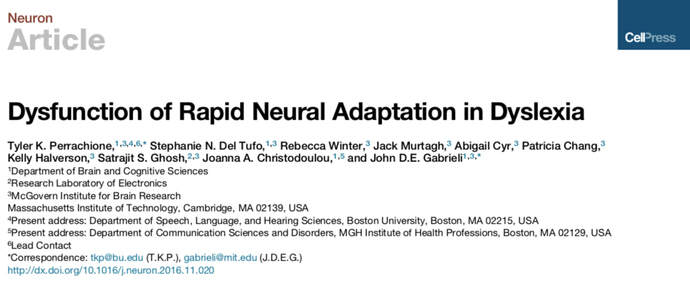1 Comment
|
- Home
- About
- Careers
-
Staff
- David A. Perna, PhD
- Suzanne Brooks, PsyD & NCSP
- Andrea Brooks, PsyD
- Kat Canas, MA
- Molly Curcio, PsyD
- Krystal Gottilla, PsyD
- Jennifer Havard
- Allison Lawsky, PsyD
- Ian Ljutich, MSW, PsyD
- Bret Middlekauff, MA
- Deon Mowatt, PsyD
- Alexa Myta, PsyD
- Jenifer Nesin
- Sam Nesin-Perna, MS
- Sherry Paden, PsyD
- Jennifer Ross Callahan, PsyD
- Michal Shapiro, LICSW
- Rory Sullivan, MA
- Shanel Turransky, MA
- Hail VanAelstyn
- Services
- Groups
- MMT Approach
- Training
- Our Posts
- Payment
- Emergencies
- Contact Us
- Home
- About
- Careers
-
Staff
- David A. Perna, PhD
- Suzanne Brooks, PsyD & NCSP
- Andrea Brooks, PsyD
- Kat Canas, MA
- Molly Curcio, PsyD
- Krystal Gottilla, PsyD
- Jennifer Havard
- Allison Lawsky, PsyD
- Ian Ljutich, MSW, PsyD
- Bret Middlekauff, MA
- Deon Mowatt, PsyD
- Alexa Myta, PsyD
- Jenifer Nesin
- Sam Nesin-Perna, MS
- Sherry Paden, PsyD
- Jennifer Ross Callahan, PsyD
- Michal Shapiro, LICSW
- Rory Sullivan, MA
- Shanel Turransky, MA
- Hail VanAelstyn
- Services
- Groups
- MMT Approach
- Training
- Our Posts
- Payment
- Emergencies
- Contact Us






